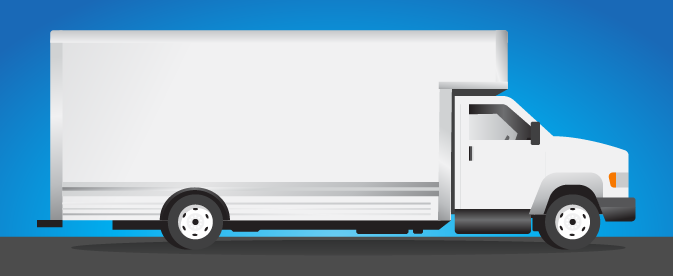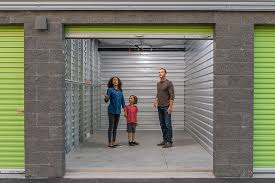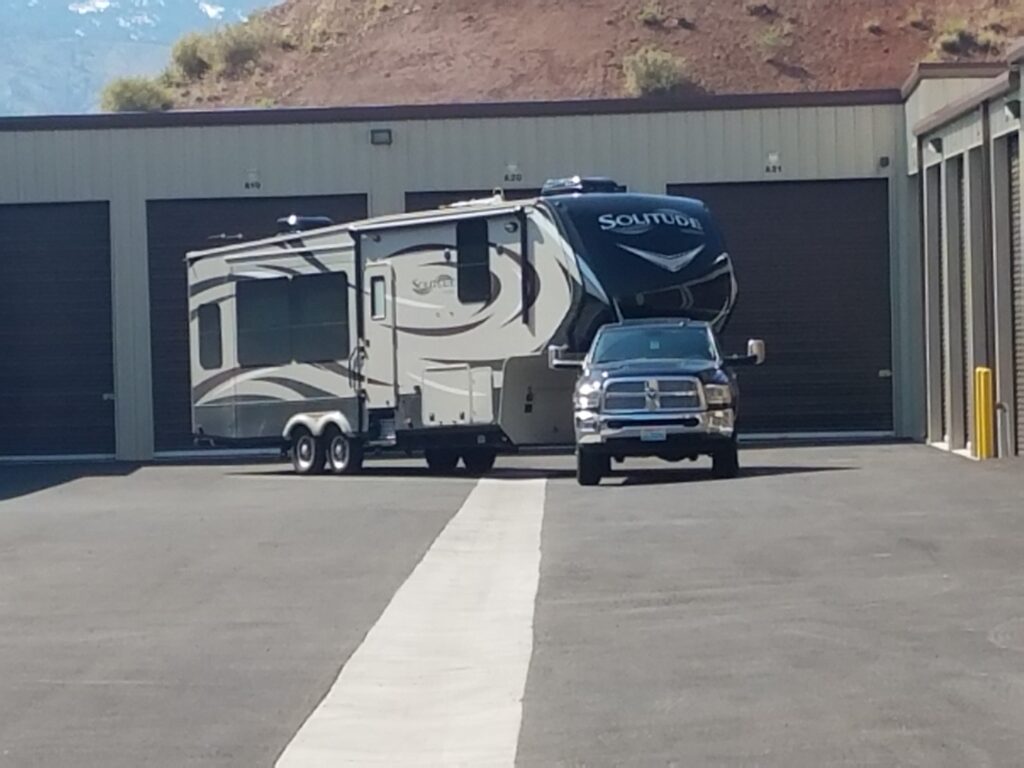
You might think renting a Move-In truck is difficult or need special abilities to drive one but as long as you have a valid driver’s license and know how to drive you have passed the requirements! Make sure you have everything you need to rent, call ahead of time to confirm with the company that you are renting from. They might need proof of insurance or a deposit so have that all with you before going in. Here are a few steps on making the process easier to rent, load and drive.
- Size: If you are using the truck to move into a new home or storage unit you can estimate how big you will need the truck, for example, the number of bedrooms your home has or the size of the storage unit that you will be storing your belongings. Keep in mind that there are different truck sizes and you don’t want to rent the wrong one.
- Destination/time: DON’T FORGET TO CHECK THE WEATHER BEFORE GETTING ON THE ROAD! We want you to get to your destination safe, knowing your route will make your experience smoother, you will save time to get to load, unload, and return the rental. The estimated time you need to use the rental will give you an idea as of what time you need to get on the road and the number of helpers you have will also help out on making the trip safe and easy to get done.
- On the Road: Driving is the important step of this ride. Make sure there is enough fuel to get to your destination and before driving you have to understand that the move-in truck might not be the same size as your own vehicle, a truck needs much more space than a car when it comes to turning. Keep safe distance away from other cars- trucks are heavier and take longer to come to a complete stop, and always keep an eye on your surroundings because there will be blind spots. Some areas may not let trucks drive through but you’ll usually see a sign before entering a street. Keep an eye out for all signs and how wide your turns will be.
- Pack and Load: its important that all your items are packed with proper protection, you don’t want to mix things up and end up with broken glass in your box of clothes. Find the right size boxes and when putting heavy and fragile items in boxes make sure to wrap it up with bubble wrap. Also buying mattress bags to cover your mattress, and also moving straps to keep things from moving while driving. Load largest and heaviest items first, with the weight and size this will prevent other items from getting crushed and damaged. This might be a little more work to keep organized and placed properly but this will also make things easier when you are ready to unload because you know where everything is placed.



